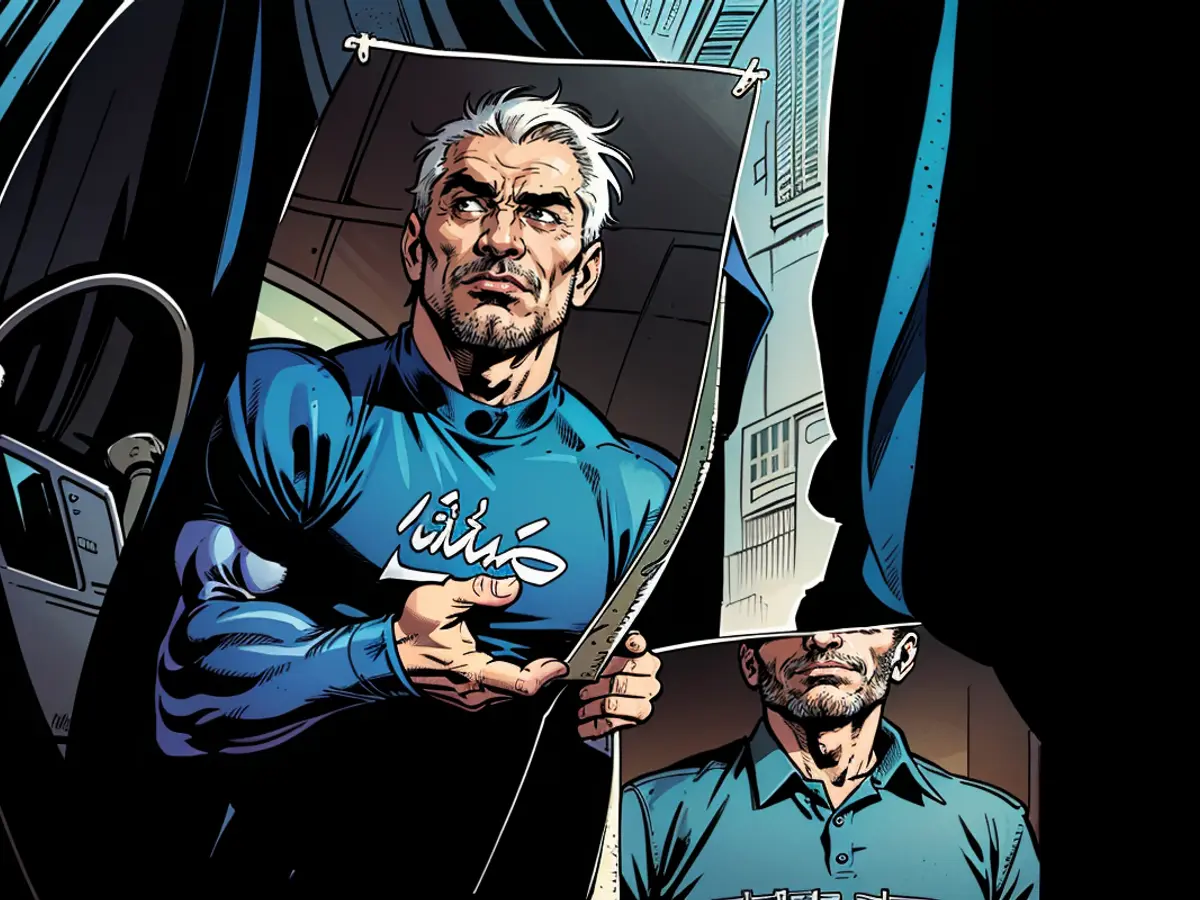Reformers and hardliners neck and neck in Iran election
On May 19th, the Iranian President dies in a helicopter crash. A few weeks later, the population can determine a successor from four candidates. The race is tight, the participation apparent low.
In the unexpected presidential election in Iran, a head-to-head race between reformer Massoud Peseschkian and ultra-conservative candidate Said Jalili is emerging. Of the 14.07 million votes counted by 9 am (local time, 7:30 am), 5.96 million went to the former health minister Peseschkian. The former nuclear negotiator for the Iranian atomic program, Jalili, received 5.56 million votes. Should this trend continue and neither of them secure an absolute majority of the votes, they will face each other in a runoff on July 5.
The other candidates are unlikely to interfere in the presidential race. The conservative parliament president Mohammad-Bagher Ghalibaf is significantly behind Peseschkian and Jalili with 1.89 million votes. The cleric Mostafa Purmohammadi is trailing in last place with only about 112,000 votes so far.
The Iranian authorities make no statements on voter turnout. According to insiders, it was around 40%. This is lower than expected by the clerical rulers. A total of approximately 61 million women and men of the Islamic Republic were called upon to cast their votes in the presidential election on Friday. Since the votes are counted by hand, it may take two days for the final result to be announced.
Political power lies elsewhere
The originally planned election for 2025 had to be brought forward due to the conservative incumbent Ebrahim Raisi's death by helicopter crash on May 19th. The election is being closely watched abroad, as Iran is a significant political heavyweight in the region and involved in several conflicts, such as the Gaza War.
Political power in Iran has been with the spiritual leader of the country since the Revolution in 1979. The president is responsible for implementing the political guidelines set by the spiritual leader.
In the wake of the elections, international interest is high due to Iran's influential role in regional politics and ongoing involvement in conflicts like the Gaza War. Despite the spiritual leader's significant political influence since the Revolution in 1979, the Iranian president plays a crucial role in implementing the leader's political guidelines during their tenure. The upcoming elections are proving to be a tight race between reformer Massoud Peseschkian and conservative candidate Said Jalili, with a potential runoff looming.









